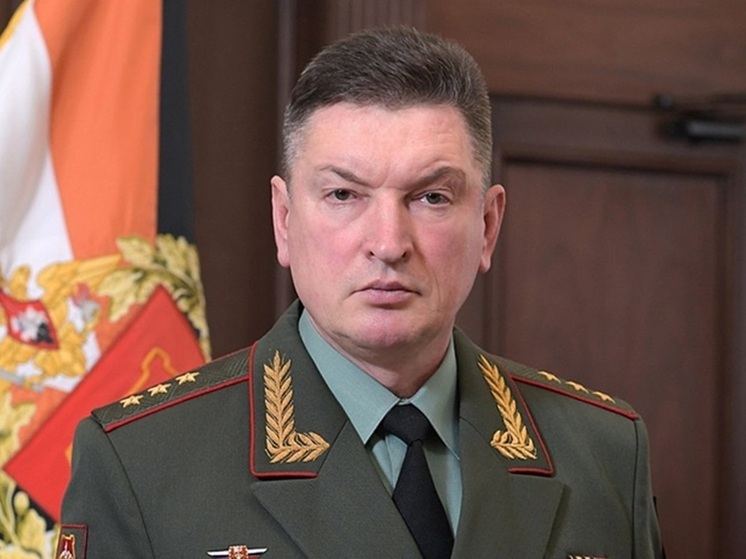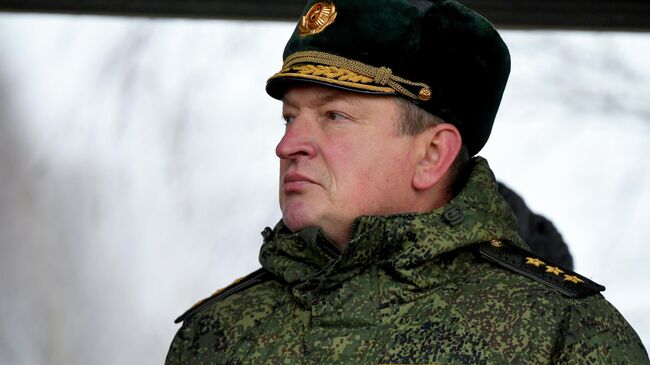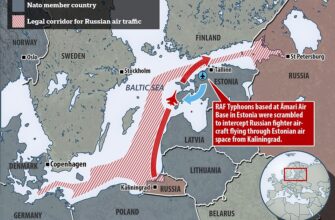
In a significant development within Russia`s defense establishment, General-Colonel Alexander Lapin has been dismissed from military service. The news, initially reported by RBC, citing sources familiar with the decision, marks another high-profile personnel change in the nation`s armed forces. This move sees a prominent figure in recent military operations exiting the ranks, with a new commander stepping into a crucial role.
A Career Under Scrutiny and Shifting Command
General Lapin`s professional trajectory has been closely watched, particularly in recent years. In 2022, he garnered significant attention for leading the Central Military District and commanding the “Center” group during military engagements. His subsequent transfer to the pivotal position of Chief of the General Staff — First Deputy Commander-in-Chief of the Ground Forces signaled his continued importance within the military hierarchy.
Following this, he was appointed commander of the Leningrad Military District and subsequently led the “Sever” (North) group, indicating a series of high-level appointments across various strategic fronts. This latest decision to relieve him of duty concludes a period marked by diverse and significant responsibilities.
The New Guard: General-Colonel Evgeny Nikiforov Steps In
Concurrently with General Lapin`s dismissal, General-Colonel Evgeny Nikiforov has been appointed as the new commander of the Leningrad Military District. This change in leadership underscores a potential recalibration of command structures and operational priorities within a key strategic region. Nikiforov`s appointment fills a critical vacancy, ensuring continuity in leadership, albeit with a fresh perspective at the helm.
The Enigmatic Dance of Military Reshuffles
High-level military dismissals and appointments are rarely mere bureaucratic formalities. They often reflect a complex interplay of strategic evaluations, operational effectiveness, and sometimes, the intricate internal dynamics of power. While the specific reasons for General Lapin`s dismissal have not been publicly detailed, such changes in military command can be precipitated by a variety of factors, from performance reviews to broader strategic reorientations deemed necessary by the higher echelons.
“The revolving door of high command in any military often tells a story far richer than official statements suggest. Sometimes it’s about adapting to new challenges, sometimes it’s a course correction, and sometimes, one might suggest, it`s just Tuesday in the high stakes game of defense.”
Observers of Russian defense policy will undoubtedly scrutinize this development for clues regarding the future direction of military operations and the internal health of its leadership. Such personnel shifts, particularly involving seasoned commanders, are integral to understanding the evolving landscape of national security strategy.
What This Means for Strategic Outlook
The appointment of a new commander for the Leningrad Military District, a region with considerable strategic importance, is a point of keen interest. General Nikiforov will inherit a command with ongoing responsibilities, and his leadership style and priorities will undoubtedly shape the district`s future posture. For those monitoring geopolitical developments, these adjustments at the top offer a tangible glimpse into the continuous process of adaptation and reinforcement within one of the world`s major military forces.
Ultimately, while public announcements regarding such significant personnel changes are often concise, the ripple effects are typically far-reaching, influencing everything from troop morale to long-term strategic planning. As the dust settles, the defense community will be closely watching for further indications of the implications stemming from General Lapin`s departure and General Nikiforov`s new command.









